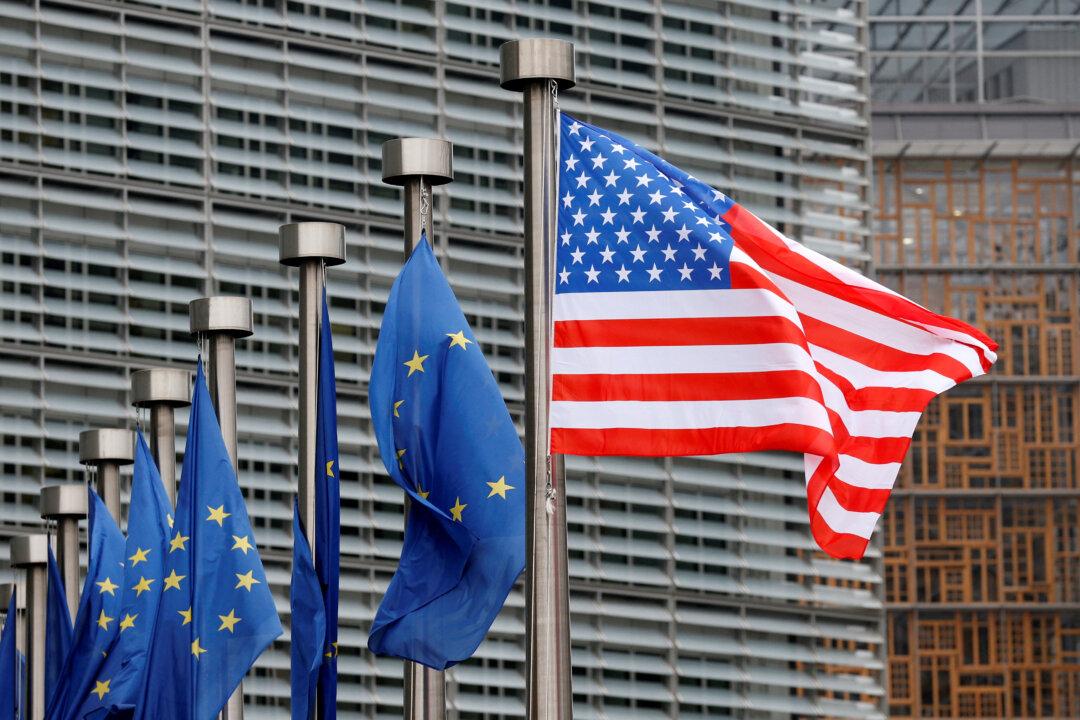The Chinese communist regime’s Ministry of Foreign Affairs recently announced that Chinese Communist Party (CCP) leader Xi Jinping would visit three European countries from May 5 to May 10, his first visit to Europe in five years.
Taiwanese researchers Lai Rongwei and Wang Guo-chen say the trip is the CCP’s new attempt to divide Europe and the United States through economic enticement and coercion.




